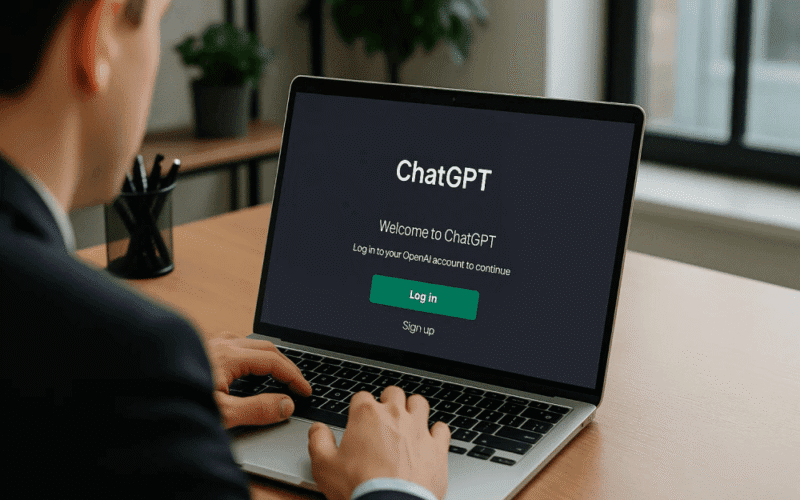If you think ChatGPT is just for writing essays or coding, you’re missing out. This AI tool can help you with dozens of everyday tasks—saving time, cutting stress, and keeping your life organized. Whether you’re planning your week, managing your budget, or trying to eat better, ChatGPT can be a reliable daily sidekick. Here’s how to put it to work.
1. Plan Your Day (or Your Life)
ChatGPT is a solid personal planner when you give it the right details. Tell it your goals, deadlines, and constraints, and it can build a realistic plan that fits your schedule.
Try this prompt:
“I work 9 to 5, want to go to the gym three times a week, and have two hours in the evening for personal projects. Help me build a balanced weekly routine.”
Within seconds, you’ll have a draft schedule that you can tweak to match your energy levels and habits. You can even ask ChatGPT to include breaks, reminders to drink water, or motivational quotes if that helps you stay on track.
2. Tame Your Inbox and Messages
If your email inbox or chat apps are overflowing, ChatGPT can help you draft quick, clear responses. Copy and paste the message (without sharing private info), and ask for a short, polite reply.
Example:
“Write a friendly but professional reply to this email about rescheduling a meeting.”
You’ll get a tone-appropriate message that’s ready to send—or at least a strong starting point. You can also use it to summarize long emails, making it easier to catch up fast.
3. Make Smarter Shopping Decisions
Instead of scrolling endlessly through reviews, ask ChatGPT to summarize key differences between products. For example:
“Compare the iPhone 15 and Google Pixel 8 for camera quality, battery life, and durability.”
You’ll get a clear, side-by-side breakdown in plain English. You can also use it to plan grocery lists, check recipe substitutions, or create a week’s worth of meal ideas that fit your budget and diet goals.
4. Boost Your Productivity
ChatGPT can’t do your work for you, but it can help you work smarter. It’s great at turning vague goals into actionable steps.
Say you’re overwhelmed by a project. Try:
“I need to write a 10-page report by Friday. Help me outline it and set daily goals.”
You’ll get a roadmap that breaks a big job into manageable chunks. You can even ask for productivity techniques (like the Pomodoro method or time blocking) tailored to your personality or schedule.
5. Simplify Finances and Budgeting
You don’t need a degree in accounting to get a grip on your finances. ChatGPT can create simple budgeting templates, explain credit terms, or help you plan how to pay off debt.
For example:
“I make $3,000 a month and spend around $2,400. Help me make a basic budget and start saving for an emergency fund.”
It can also help you track expenses in categories, draft savings goals, or even write scripts for polite “no” responses when friends want to split bills unevenly.
6. Stay Healthy and Motivated
You can use ChatGPT as a low-pressure accountability buddy. It can create customized workout plans, meal prep ideas, or daily wellness check-ins.
For instance:
“Give me a 20-minute workout I can do at home with no equipment, three times a week.”
It’s not a substitute for professional medical advice, but it can give you structure and keep you consistent.
7. Keep Learning (Without Overwhelm)
Curious about something new but short on time? ChatGPT can break down complex topics into plain-language explanations.
Try:
“Explain quantum computing like I’m 15.”
You’ll get the big picture without the jargon. It can also recommend resources—books, podcasts, or courses—to help you go deeper if you want.
Final Thought
ChatGPT is like a digital Swiss Army knife: versatile, quick, and surprisingly capable once you know what to ask for. The key is to be specific and conversational—treat it like a helpful assistant, not a search bar.
Start small. Use it to plan tomorrow, write a tricky email, or brainstorm your next grocery list. Once you see how it lightens your mental load, you’ll wonder how you ever managed without it.









